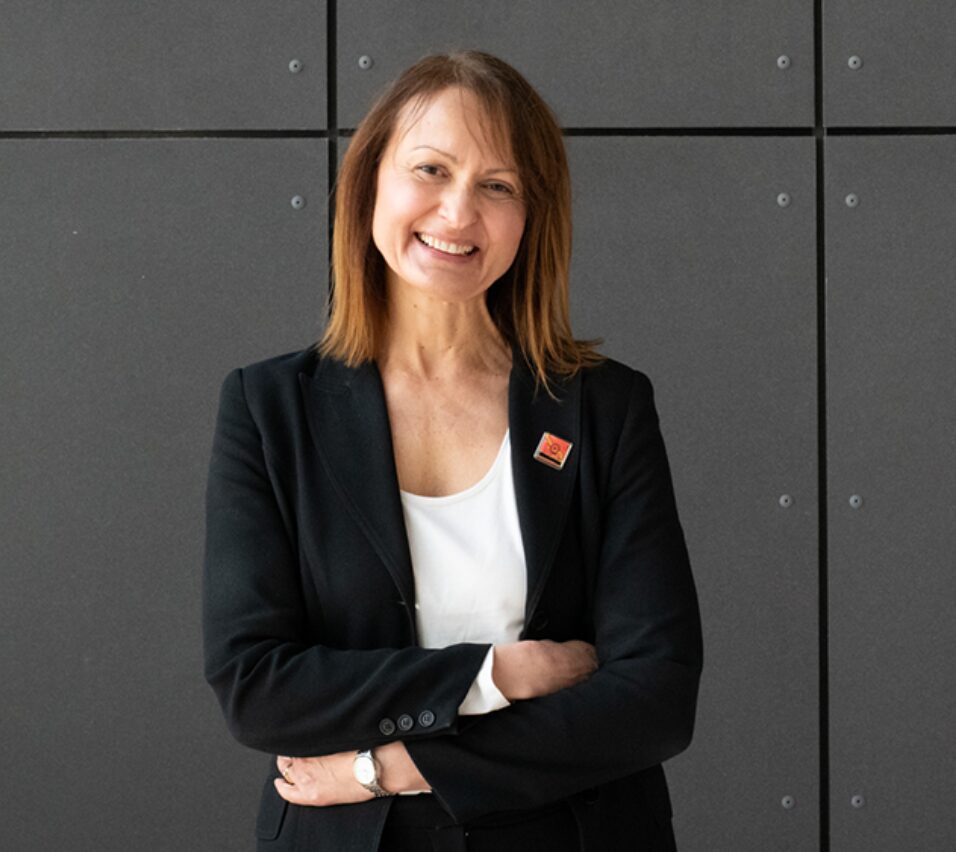
Progression to leadership is not smooth sailing and we’re here for speaking honestly about the doubts and challenges that can come along the way. Here Prof Billie Bonevski, Professor of Public Health, Dean of Research at Flinders University and Director of the Flinders Health and Medicine Research Institute, shares what her journey into leadership looked like. Billie will also be the guest speaker for our next free Members Connect Virtual Meetup – Less lonely at the top: finding your support crew when in senior roles – tickets are still available here.

When I began my career as a behavioural scientist and public health researcher, leadership wasn’t something I imagined for myself. I was drawn to research because I could see the direct benefits to society, especially when working in public health. And I wanted to help people. I had this quiet satisfaction of contributing knowledge that could make a difference in people’s lives. For many years, this work grounded me, and I was good at it. Over my career I achieved many things I am proud of – my research has contributed to public health policies, I have worked closely with health services to deliver public health programs, and I have connected with people and communities to understand what their needs are and how we can better meet those needs.
What I was less aware of is that, during that time, my leadership was developing by stealth. I was strategic in forging collaborations and partnerships, I attracted funding, was able to grow a thriving research team and lead them to success with meaningful research.
Transitioning into leadership was not a single decision, but rather a gradual unfolding. My first formal leadership role – as the Women in Science Chair at the University of Newcastle – was both an honour and a challenge. It asked me to think beyond my own research, to advocate for others, and to start reshaping structures and systems that could better support equity and inclusion. That experience changed how I saw the system – and my place in it.
Then, as Head of Public Health at Flinders University, I began to see how leadership could be an extension of my values as a researcher. Still, it felt strange. I hesitated to call myself a “leader”, feeling I hadn’t yet earned the title, or perhaps that stepping into it meant stepping away from my identity as a researcher.
Now, as Dean of Research and Director of the Flinders Health and Medical Research Institute, my responsibility is to lead with vision and integrity, and to stay connected to the research community that shaped me. I still find myself saying “I’m a researcher”. That remains true – but I’ve also come to see that leadership is not a departure from research; it’s a continuation of impact, on a broader scale.
